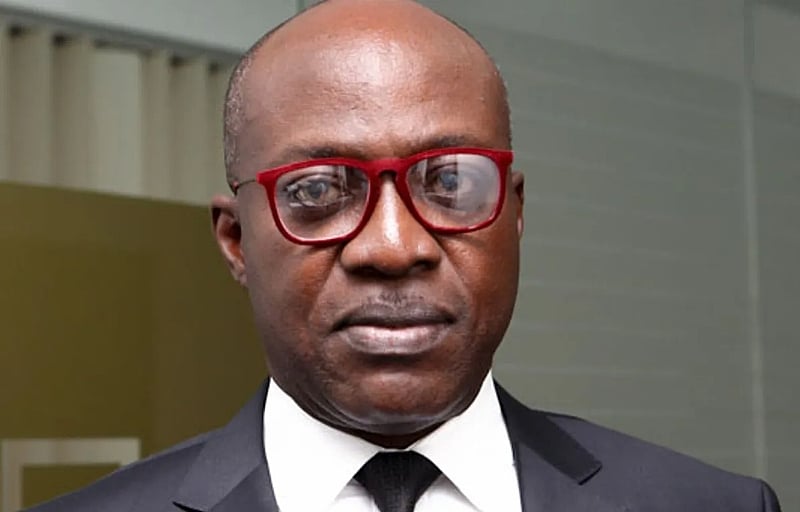Former Managing Director of Cal Bank, Mr. Frank Adu Jnr, has strongly criticized the 2017/2018 banking sector cleanup, describing it as “ill-informed” and avoidable.
Speaking on PM Express on Joy News, Mr. Adu Jnr argued that the banking crisis at the time could have been resolved without shutting down affected banks, insisting that the government’s approach caused more harm than good.
According to him, the government justified the closures on the grounds of mismanagement and liquidity challenges, but the real issues could have been addressed through targeted interventions rather than collapsing the institutions. He maintained that the funds used for the cleanup could have instead been directed at recapitalizing struggling banks, preserving jobs, and protecting depositors.
“Why punish thousands of employees and customers for the faults of a few board members and executives?” he questioned. He referenced Ghana‘s military era under General I.K. Acheampong, during which banks facing bad debts were supported through the issuance of bonds rather than being shut down—a strategy he believes could have been replicated.
Mr. Adu revealed that during a meeting at the presidency, he advised President Nana Akufo-Addo and his ministers that the banking challenges could be resolved if the government simply paid what it owed to the banks. However, his proposal met stiff resistance from some members of the administration.
When asked whether defunct banks should have their licenses restored, he expressed doubt about the feasibility of that route. Instead, he proposed that former shareholders of the banks merged into Consolidated Bank Ghana (CBG) be granted equity stakes in CBG, allowing them to reclaim some value from their lost investments.
Mr. Adu also criticized the performance of former Finance Minister Ken Ofori-Atta, describing his tenure as “disastrous,” particularly the final four years of the Akufo-Addo government. He was especially critical of the inclusion of pension funds in the domestic debt exchange programme, contrasting it with the UK, where the central bank bought bonds to protect pensioners’ savings.
“The last four years have been particularly bad,” he concluded, calling for a more thoughtful, inclusive approach to financial sector reform in the future.
Source: thehighstreetjournal


